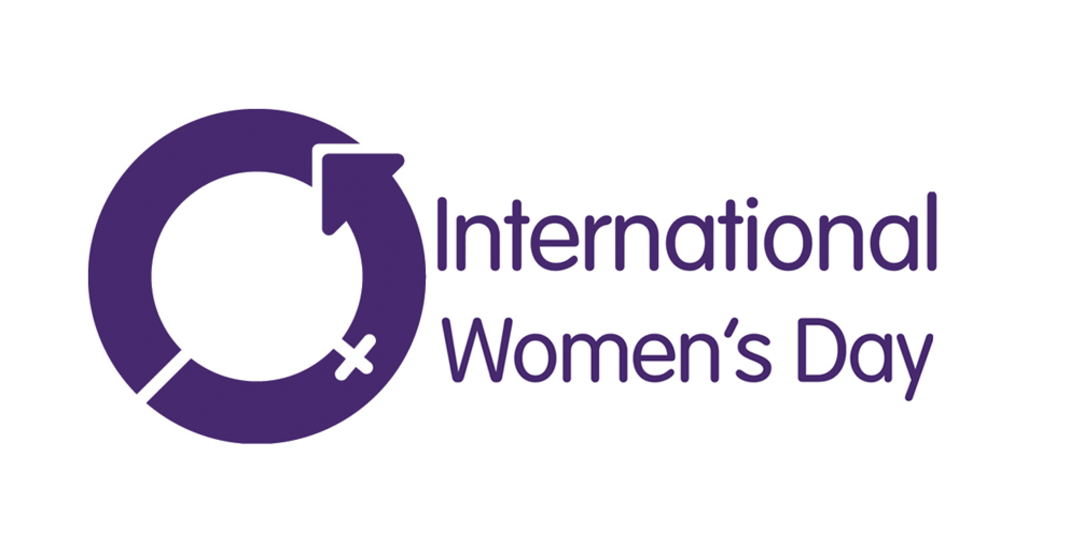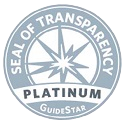Celebrating Women Leaders - Dr. Merav Ben-Nun

March 8th, 2018
For International Women’s Day, we are celebrating women leaders at Hand in Hand. Dr. Merav Ben-Nun is the Deputy Director of the Community Department at Hand in Hand as well as one of the founders of the Hand in Hand Haifa School.

I’m from Haifa and grew up in a a very mainstream Israeli Zionist home and community. But even though I grew up in the mixed city of Haifa, I realize now that Arabs were totally invisible to me, I had no sense that they were our neighbors, or that another language was being spoken around me.
I started becoming more socially aware of the vast range of people in Israeli society when I was in the army working as a teacher, and met other Jewish kids from many different ethnic and socioeconomic backgrounds. This continued in my studies at Hebrew University where I started learning stories that were different than the ones I grew up knowing. Arabs stopped being transparent, and I became much more aware of the untold stories around me. The assassination of then Prime Minister Yitzhak Rabin also had huge impact on me, it pushed me to reckon with the parts of Israeli society that don’t want peace, and to start thinking about alternatives.
I did my PhD at New York University in international education. I was so hurt by the idea that Israelis weren’t truly looking for peace and began looking for social change programs through education. I wrote my dissertation research on integrated education on a school in Belfast and on the Hand in Hand School in Jerusalem. So when I moved back to Haifa, I started looking for the bilingual preschool for my children. I didn’t find one. So I got together with a few families that wanted to educate our children together – and started the first preschool with Hand in Hand. Our story in Haifa is all about community. Most of those original leaders were women. The relationships that were created beginning with this first group really created a community of parents with deep friendships and shared commitment to the framework growing and succeeding, even in the face of a struggle that took many years.
Seven years later we finally have the approval for a fully public K-6 school. The municipality said: “You convinced us that there is enough demand, and there is a need to build a bilingual school in Haifa.” It’s such a deeply meaningful feeling to have been successful in this, knowing that we’re creating an institution for generations of children in Haifa. But it’s not only for the kids. As a community, we’ve been really successful in having a presence in Haifa, we’re being invited to events, and making an impact on the city. We are looking forward to having our own school and are already thinking ahead to work towards a middle and high school as well. But we have a lot of challenges as we grow. When we were small we were a very close knit community, and as we grow to include more and more people, there is less control around what happens here. As a leader in the community, I want to make sure that we maintain and clarify our values of equality and respect, both in terms of Jewish-Arab issues, as well as gender issues. I also want to make sure that we put all of the issues on the table, and not shy away from the hard conversations, so that we can learn from them and grow with them.
We have to build gender equality into our conversation about shared society. We need to be aware of this in our community work and in our educational, pedagogical work. In the preschool for example, we need to be aware of what the messages we’re giving boys and girls about what is “allowed” and about who takes up space, and about what we value in each of them. Our focus on equality is central, and this includes gender.
In our community work we wanted to raise the issue of gender because it is relevant to what we do – both ideologically and practically. We wanted to ask practical questions about if our events and meetings are accessible and appealing for both men and women. We want to look at how we make decisions in the community and make sure that there is equal representation of ideas and of people. We want to notice how we relate to each other, and ask if anybody or group of people is being silenced or excluded. Sometimes it’s not easy. I remember being in conversations with somebody with a more tradition background and we really disagree on the role of women in our community. But if we want to create a shared space, we both need to be heard.
This is an ongoing conversation, it won’t be solved all at once, and it needs to stay on the table. Because we are creating a new community – something from nothing, there is no roadmap for this. But we have the privilege to define the values and practices that we want for ourselves as we learn to live together.









